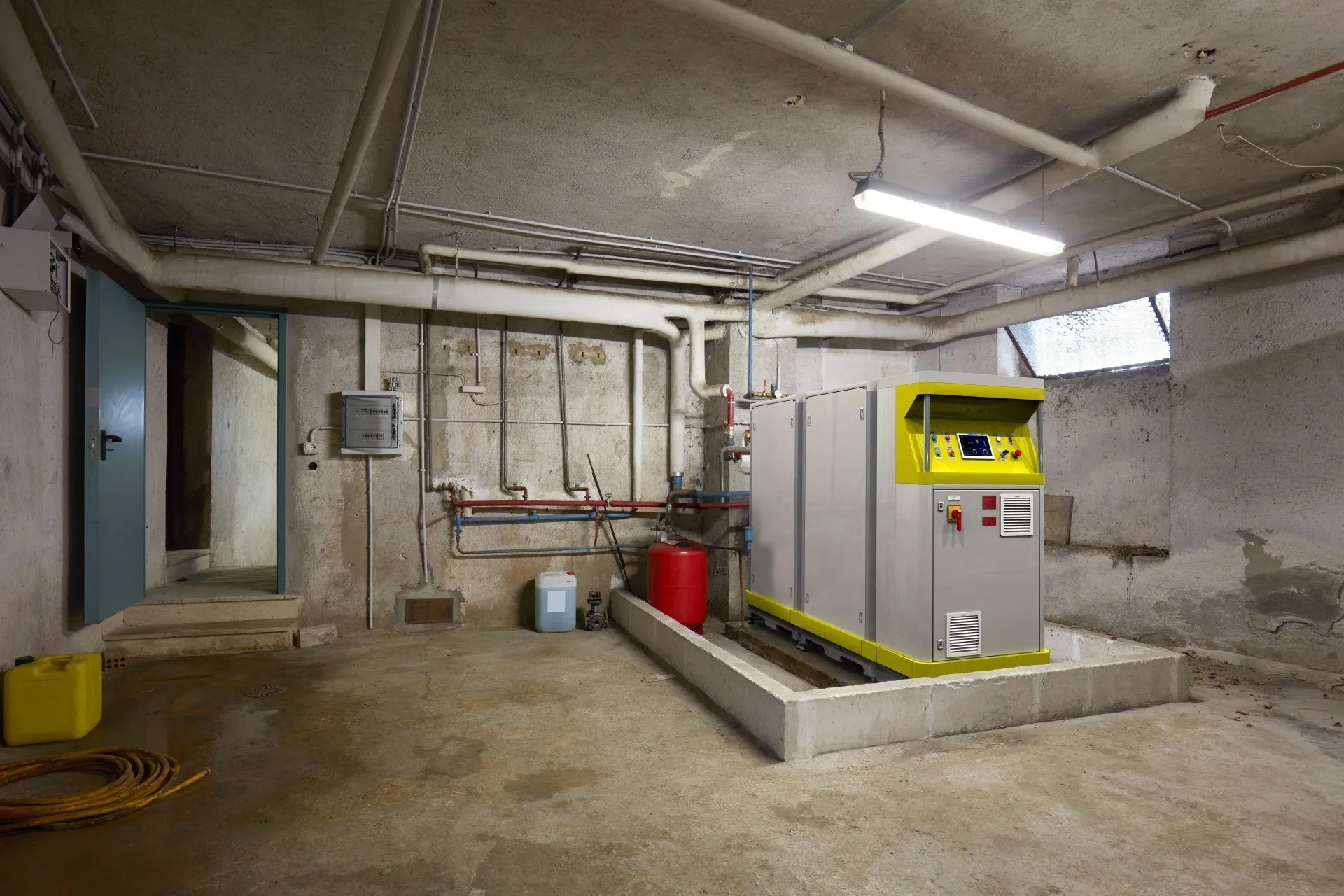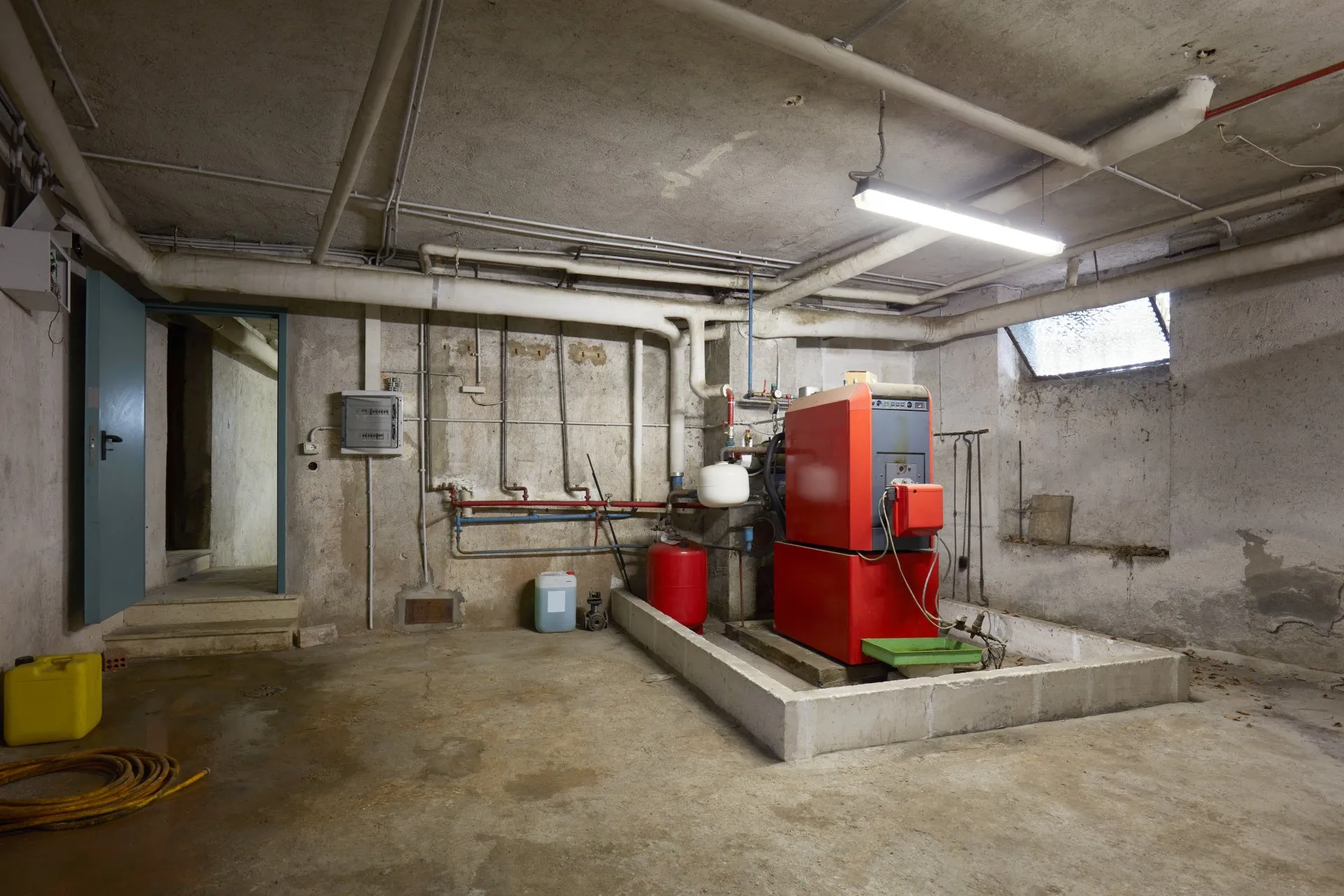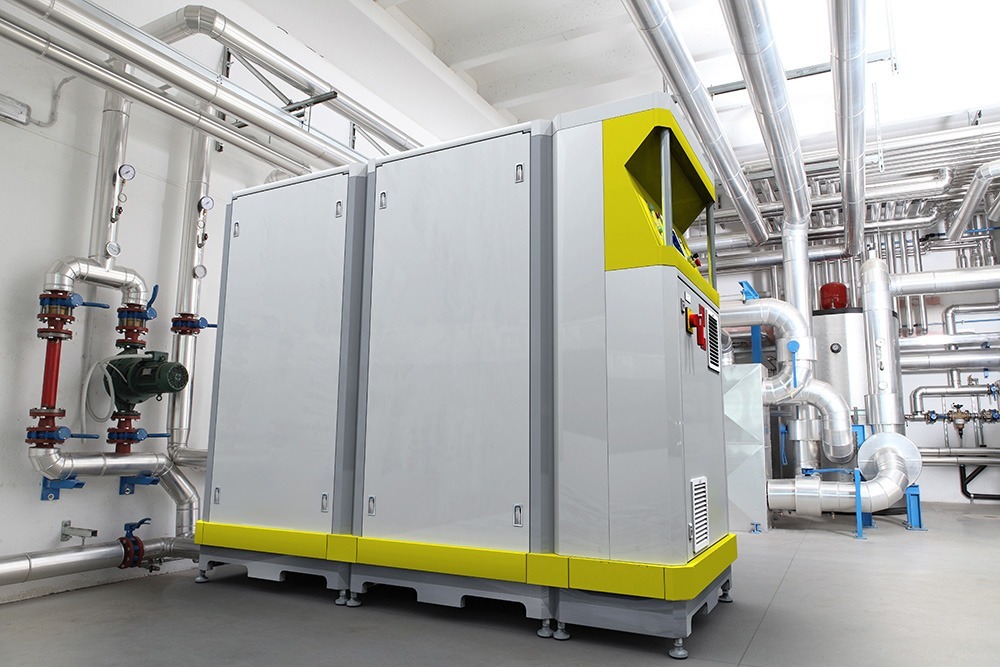Sustainable Heating and Cooling Solutions
State-of-the-art climate technology providing increased efficiency and improved sustainability through heat pumps and other energy solutions.
Minimizing harmful emissions & maximizing cost savings.
Dalrada Climate Technology creates innovative solutions that drive progress for future generations. We take great pride in being a trusted energy specialist with a global footprint.
Our unique CO₂-based, high-temperature commercial heat pumps provide simultaneous heating and cooling for large buildings and facilities without combustion or the burning of fossil fuels, and they reduce energy consumption by up to 75%.
With high-performance capabilities at the forefront of our designs, Dalrada’s home heat pumps boast lower global warming potential (GWP) through energy-saving technology and offer a modern, stylish appearance and a host of user-friendly features.
A Global Mission for Climate Action
We’ve made it our global mission to empower people to reduce their carbon footprint while maintaining comfort and affordability on their path to Net Zero emissions. We do this through a variety of innovative technologies and our best-in-class heating and cooling solutions including our commercial heat pumps and home heat pumps.
01. Engineering Excellence
In-house engineering excellence and cutting-edge technology that solves climate challenges through advanced decarbonizing solutions.
02. Cost Savings
Our partners can save thousands of dollars every year and earn tax credits by maximizing energy efficiency and minimize energy use.
03. Carbon Mitigation
Renewable and sustainable technology that supports Net Zero initiatives and reduces carbon emissions while increasing energy efficiency.
Products
Home Heat Pumps
A unique product line focused on residential sustainability and electrification.
With high-performance capabilities at the forefront of our designs, Dalrada HOME heat pumps boast lower global warming potential (GWP) through energy-saving technology and feature a modern, stylish appearance.
These heat pumps provide simultaneous heating and cooling without combustion and are made to replace obsolete and inefficient water heaters, steam boilers, and chillers. Through revolutionary electrification technology, these machines use non-toxic, non-flammable, and environmentally-friendly natural refrigerants.
Dalrada HOME is proud to present sustainability solutions that increase energy efficiency and reduce costs through electrification.
Commercial Heat Pumps
Leading the way in energy transformation through decarbonization.
DCT One and Two Series, the world’s first high temperature process heating and cooling systems are designed specifically for commercial and business environments to lower utility costs and increase energy efficiency.
These next-generation industrial-strength heat pump systems replace traditional water heaters, steam boilers, cooling towers, or chillers. Offering combustion-free operation, they improve heating and cooling efficiency by capturing and reusing thermal energy, ultimately reducing global warming potential (GWP) through the use of an eco-friendly carbon dioxide (CO2) refrigerant.
Dalrada Climate Technology’s advanced technology represents a benchmark in heat pump efficiency, delivering lower emissions while helping to reduce carbon footprints around the world.


Commercial applications: easy installation and integration with legacy technology.
DCT One and Two Series heat pumps are easily integrated with existing infrastructure. In commercial installations (hotels, schools and universities, food processing, etc.) heating or cooling pipework is often located in close proximity – in pipework ducts, rooftops, plant rooms and boiler houses, making deployment somewhat easy. From a more technical standpoint, DCT's hermetically-sealed carbon dioxide circuit and all system components are housed in a compact frame system, which means a simple installation process with only four connections for balanced load conditions.
Existing chiller and boiler equipment can remain in place as a standby or used for "peak load” conditions. Systems like these are considered hybrid systems and they offer significant advantages in terms of standby provision, load balancing, and fuel choices.
Start Your Energy Transformation Today
Contact us to learn more about Dalrada’s innovative heat pump technology, how it fits into your home or business, and how you’ll reap the rewards of lower energy costs and a reduced carbon footprint!







